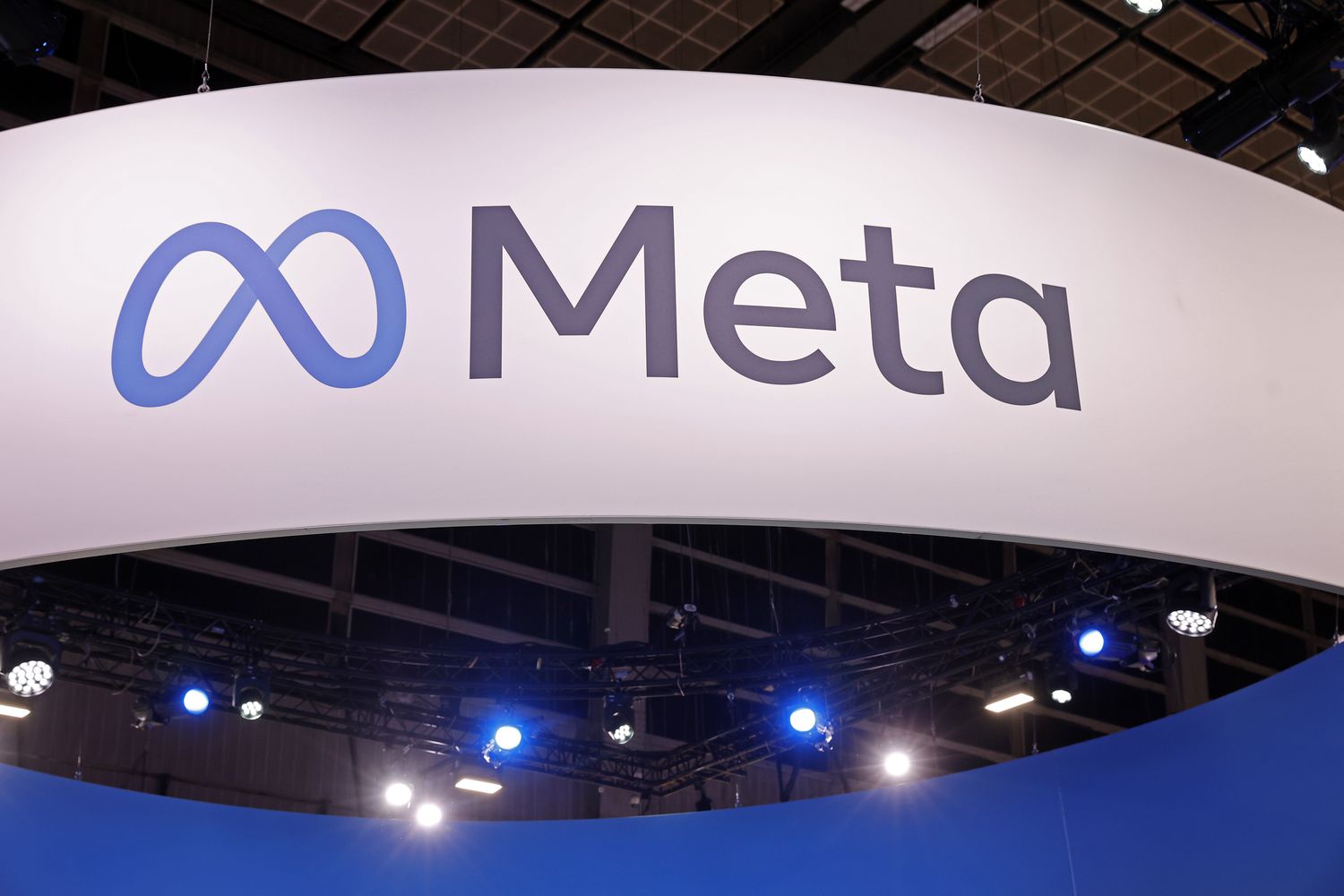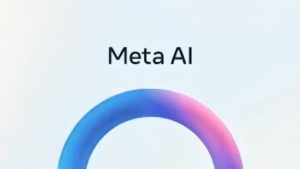Meta Introduces New Open AI Model Competing with OpenAI and Google

Meta Introduces Llama 3.1: A Game-Changer in Open-Source AI
Meta, the parent company of Facebook, recently launched Llama 3.1, marking a significant advancement in its open-source artificial intelligence offerings. This new model not only demonstrates Meta’s commitment to open-source technology but also positions itself as a serious competitor against leading AI models developed by companies like OpenAI, Google, and Anthropic.
Key Features of Llama 3.1
Enhanced Performance: Llama 3.1 reportedly rivals or even outperforms AI models developed by major players like Microsoft-backed OpenAI, Google’s parent company Alphabet, and Amazon-supported Anthropic. This highlights the increasing competitiveness among AI model developers.
Accessibility: The model is designed to be versatile and user-friendly, making it available for a diverse range of applications. Users can access Llama 3.1 through various platforms, including WhatsApp and Meta’s dedicated AI site, meta.ai.
- Partnerships: In a bid to extend its reach and functionality, Meta has collaborated with several key technology partners. Llama 3.1 is integrated with popular cloud services including Amazon Web Services (AWS), Nvidia, Microsoft Azure, and Google Cloud, broadening its availability and application scope.
Meta’s Open-Source Philosophy
Mark Zuckerberg, CEO of Meta, has been a strong advocate for open-source AI solutions. He believes that these tools can help democratize technology and foster innovation across different sectors. Specifically, Zuckerberg’s approach aims to enhance Meta’s standing in the rapidly evolving AI landscape, which is characterized by companies that often keep their AI proprietary.
Importance of Open-Source AI
Collaboration: Open-source formats encourage developers across the globe to contribute, leading to faster advancements and broader applications of AI technology.
Transparency: With open-source models, users can inspect and understand how the AI functions, potentially leading to more ethical and responsible AI practices.
- Cost-Effectiveness: Utilizing open-source tools can significantly lower costs for developers and businesses compared to relying on proprietary technologies.
Market Impact and Performance
The release of Llama 3.1 has sparked interest in Meta’s stock, responding positively to the news. During a recent trading session, Meta shares saw an increase of 1.1%, reaching approximately $492.80. This uptick is part of a broader trend, with the company’s stock price having soared nearly 40% year to date.
The launch of Llama 3.1 not only solidifies Meta’s position in the AI ecosystem but also illustrates a growing demand for open-source solutions in an industry dominated by proprietary models. The competitive landscape in the AI market is intensifying, and Meta’s new offering could shift dynamics, attracting developers and enterprises seeking flexible and robust AI solutions.
Conclusion
As the competition in the AI industry heightens, Meta’s Llama 3.1 stands out as a powerful addition to the open-source AI community. With its advanced capabilities, strong partnerships, and a commitment to transparency and collaboration, Meta is setting the stage for significant advancements in artificial intelligence. For users and developers alike, this model presents an exciting opportunity to explore the potential of open-source AI in various applications.






